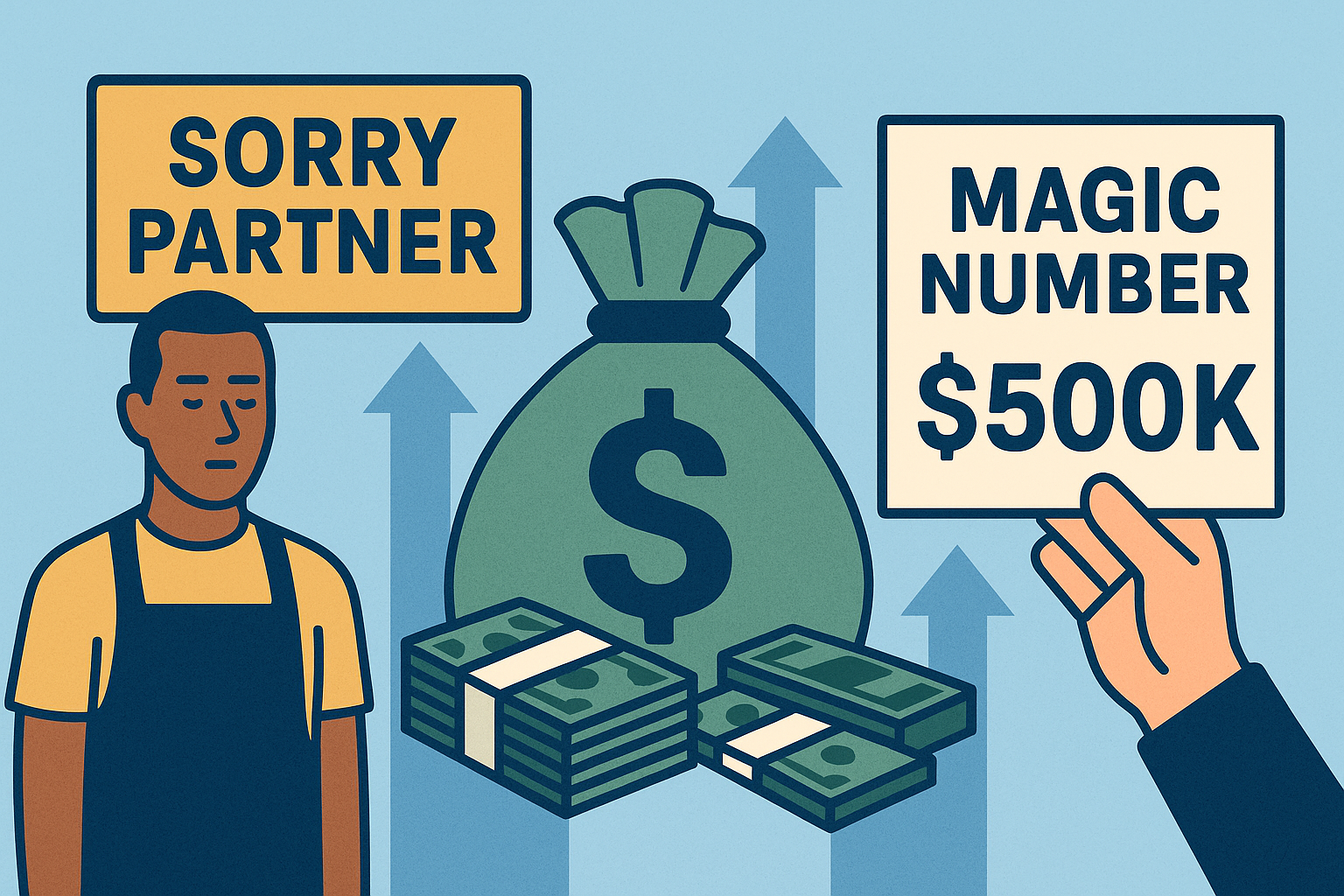With Trump now back in the White House, his administration has wasted no time pushing forward a sweeping economic proposal — what he’s dubbed the “Big, Beautiful Bill.” The legislation is currently in Congress, and while it’s generating controversy across the aisle, it carries major implications for small business owners across the country.
Here’s what you need to know.
1. A Push for Deregulation and Fast-Track Financing
One of the core features of the bill is a rollback of certain federal and state regulations that have made it harder for small businesses to access capital. If passed:
- SBA loan approvals could speed up dramatically
- Private and non-bank lenders may gain expanded authority
- State-by-state compliance headaches might be simplified
This could open the door for more flexible financing and less bureaucracy — especially for businesses that fall outside traditional underwriting models.
2. A New Era for SBA Lending
The bill proposes changes to the SBA lending process that many lenders and brokers have been calling for:
- Increased loan caps and simplified eligibility
- Reduced guarantee fees for borrowers
- Less emphasis on profitability and more on creditworthiness and growth potential
For owners who’ve struggled to qualify under past rules, this might be their best shot yet at long-term, affordable capital.
3. Tax Breaks and Incentives for Hiring and Expansion
Embedded in the bill are targeted tax breaks for small firms that:
- Hire employees
- Expand into underserved areas
- Invest in technology and infrastructure
This signals a clear federal push to stimulate job creation and local business growth — and smart owners should be strategizing how to capitalize on it now.
What to Watch For
The bill isn’t law yet — but the odds are rising. Trump’s party has the momentum, and the small business angle is one of the few bipartisan rallying points. Expect:
- A fast-moving negotiation process
- Pressure on banks and private lenders to align with new guidelines
- A potential surge in capital availability in the next 60–90 days
Bottom Line
If your business needs funding, expansion capital, or a fresh start, now’s the time to get your financial house in order. When this bill passes — and it likely will in some form — the businesses that move first will win.
Build your credit. Organize your financials. And stay close to trusted lenders who can move fast when the bill becomes law.










